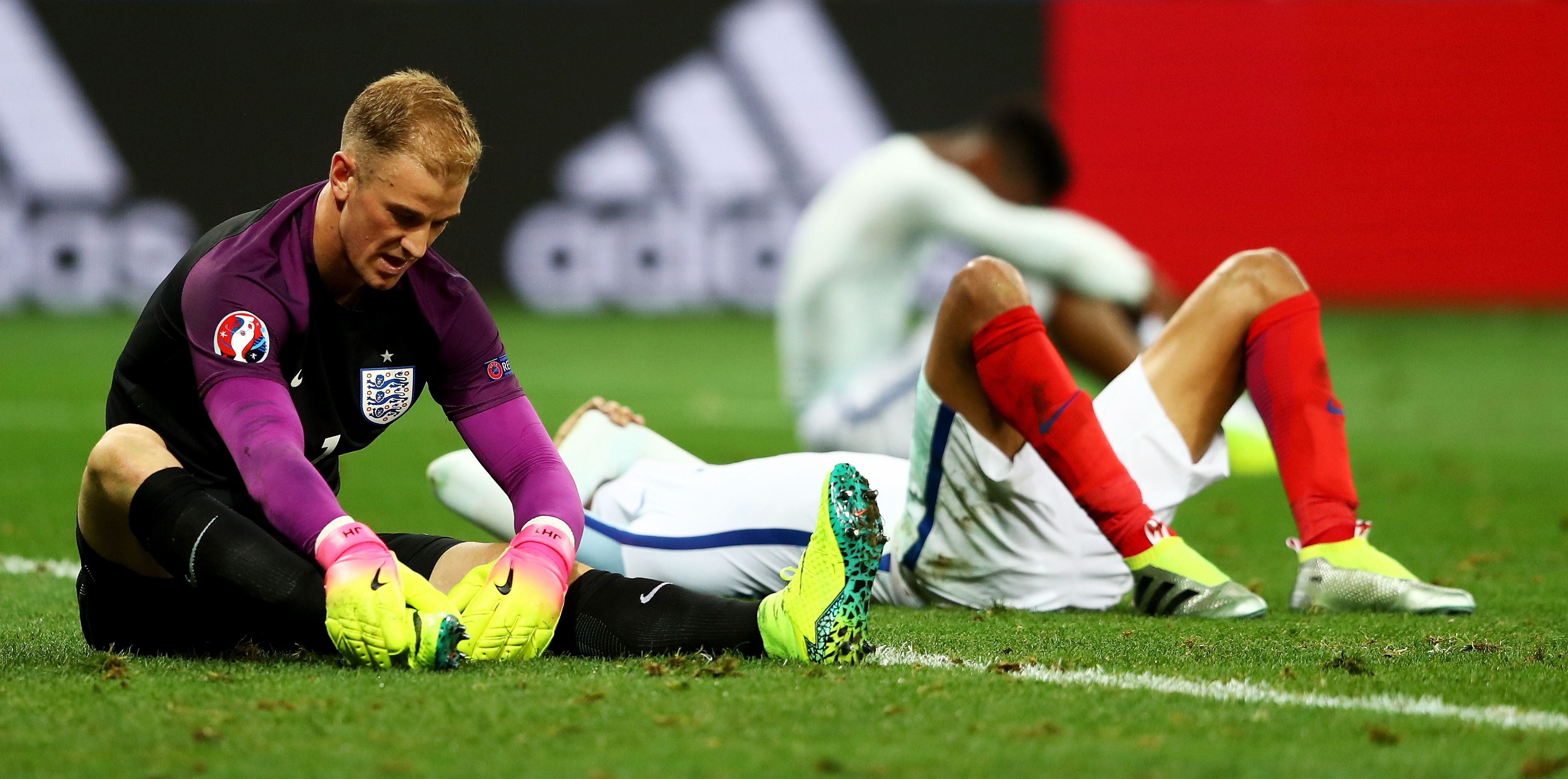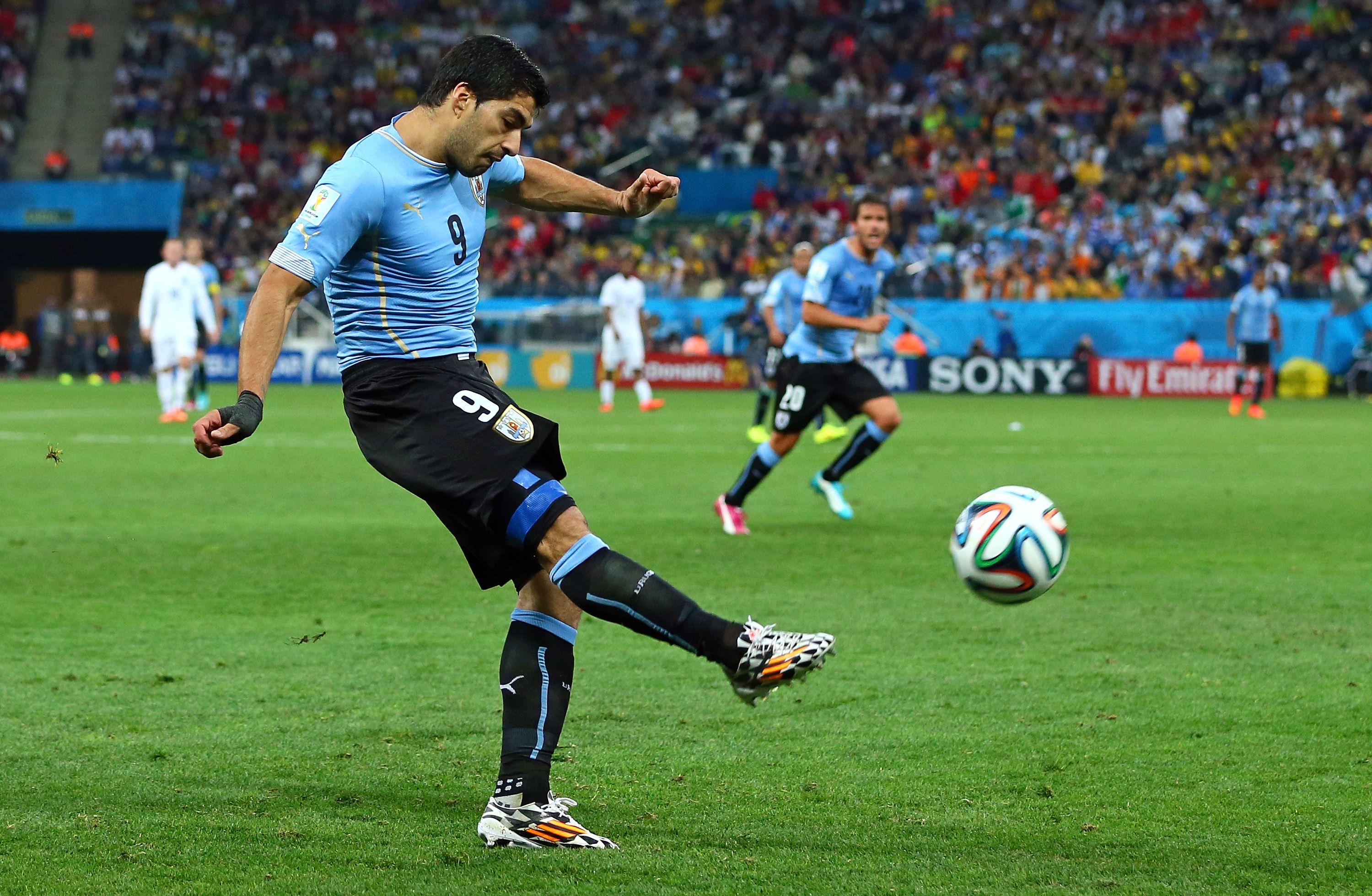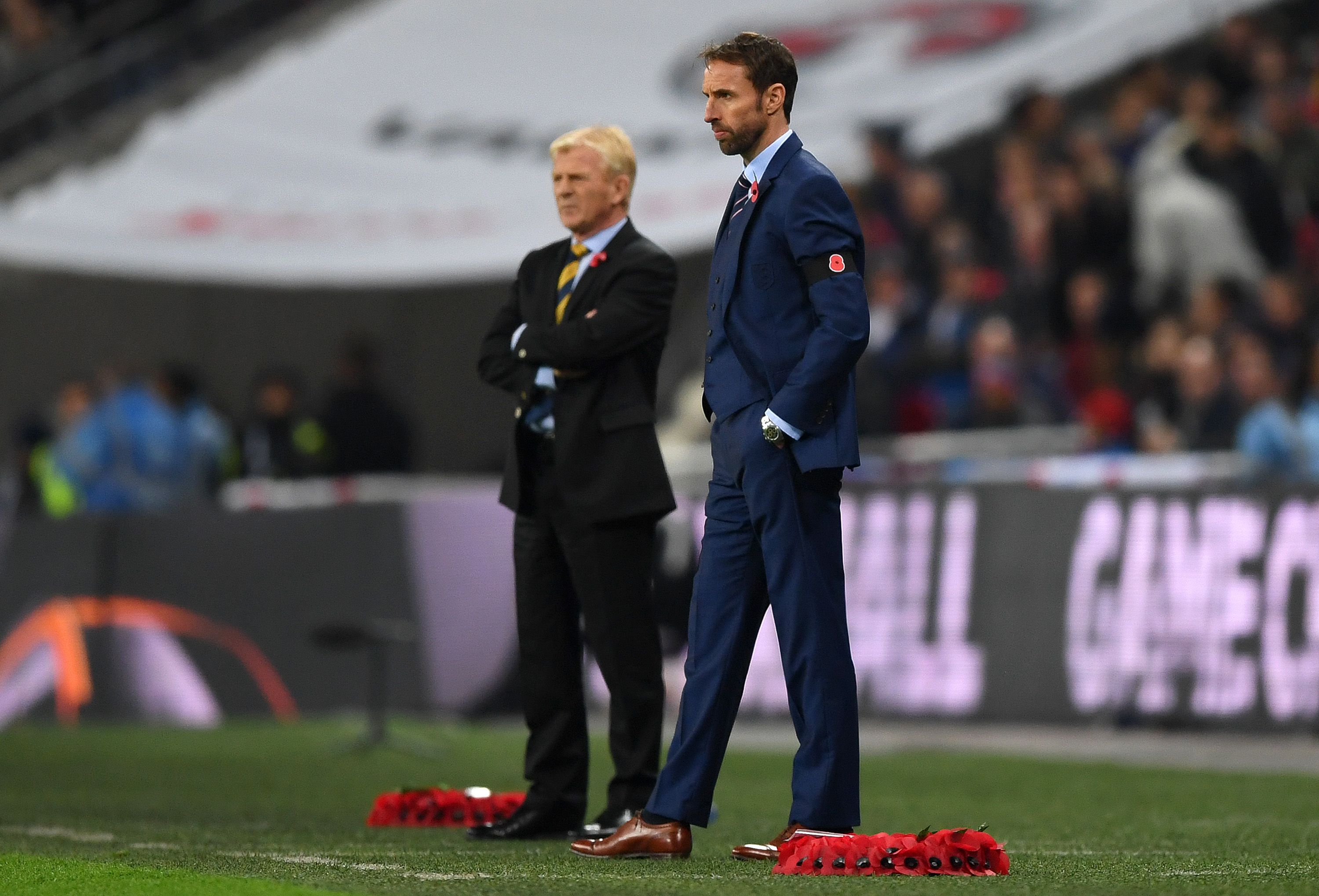Last week, David Bernstein, the former chairman of the FA, reflected on his role in the decision to appoint Roy Hodgson as England manager and concluded that, with the benefit of hindsight, it was indeed the correct decision.
Bernstein added a couple of qualifications, such as the results in major tournaments, particularly the defeat to Iceland, but in general he seemed to be content that Hodgson had been a good fit as England manager.
“On the whole he did pretty well,” he told the BBC. “The thing finished terribly, we know that, but that was a sort of one-off, a mental collapse by the team. Overall, it was a very popular appointment and a lot of his qualifying results bore that out.”
Of course, there is something in that, especially if you take a certain view of the England manager. If you believe in the mythology of the position, that he is assuming an important position of state, then it is vital that the manager behaves as Roy Hodgson did while in office rather than as, say, Sam Allardyce.
In fact, you may look at Sam Allardyce and further conclude that the manager’s bearing is the only thing that matters. After all, Allardyce didn’t even manage to get to the point where England could assess and dismiss his results as a “mental collapse by the team”, having had his own mental collapse as he unwound and spoke freely in a Chinese restaurant with people who turned out to be undercover reporters.
In the Bernstein view of the role, character matters as much in the England manager as it does when considering who should be prime minister.
This may be seen as prudent and sensible but it may also be a way of making the same mistakes, of creating an aura around the England manager which is both self-important and unhelpful.
Yet it is possible to see the attraction. Results are a messy business and it was Hodgson’s great gift to persuade people that they were essentially beyond his control.
“All of a sudden you’ve lost two matches and you’re out of the competition before it’s even begun,” he said reflecting on England’s 2014 World Cup experience and sounding like a man who wraps up well for a wintry day, but then sees his hat blown into the sea by a freak gust of wind.
He had echoed Bernstein’s view when England lost to Uruguay, noting that England had kept Luis Suarez quiet “in general play”, which was a valid point of view, even if Suarez had scored twice to win the game.
Others might see football differently. They might think that it is a stunning indictment of England and what the team has become that Hodgson’s reign can be seen as anything other than a relentless embrace of mediocrity.
The England manager tends to be selected on the basis that, as the old joke goes, balance is something we pass by as we swing from one extreme to the other. In this analysis, the next England manager must have the exact opposite qualities to the man who has gone before.
This behaviour may be even more pronounced when the last manager lasted for 67 days. In those circumstances, it is understandable if the FA decide to cling to Gareth Southgate, a man whose niceness is not only not ruling him out of the job, but is actually catapulting him towards it.
He is, they say, proving that nice guys can succeed, as if anyone except the moronic ever believed they couldn’t. England are going further, they are seeing niceness as an essential ingredient if they decide to give him the job.
They can pretend that the results in the last couple of games have had a bearing, but if qualifying results were really important, Hodgson would still be England manager.
Southgate is generally said not to have “put a foot wrong” off the field, which puts him in a great position to take over from Allardyce, who managed to put all his feet wrong during those calamitous meetings with the Telegraph.
Bernstein went on to tell the BBC that the “key problem is that whoever we appoint, we are going to be handicapped by the system we have.” He identified one of the key problems as the Premier League and the power of the clubs, forgetting that England have been performing at more or less the same level for fifty years.
This idea that external forces are somehow to blame comes from the same place as the idea that the England manager is a great position of state. It is part of a view that England should somehow be capable of another World Cup victory, if the right man is appointed or fewer foreigners were clogging up the Premier League, when it may be that an entire culture has to change.
Perhaps what they need to do is make the England job less important, not add in other criteria like character when searching for a manager who will prevent the country doing what it always does when it gets to big tournaments.
In giving it to Southgate, they could begin the process of saying the job doesn’t really matter. After all, in the summer he felt he wasn’t ready for it, but after 67 days of Sam Allardyce, everything had changed.
Southgate may succeed a manager who left in shame, but the FA need to make sure he is not the natural heir to Hodgson. England need to unravel their self-importance, not appoint a figurehead who underlines it.
Catch up with the latest episode of Football Friday Live here










































